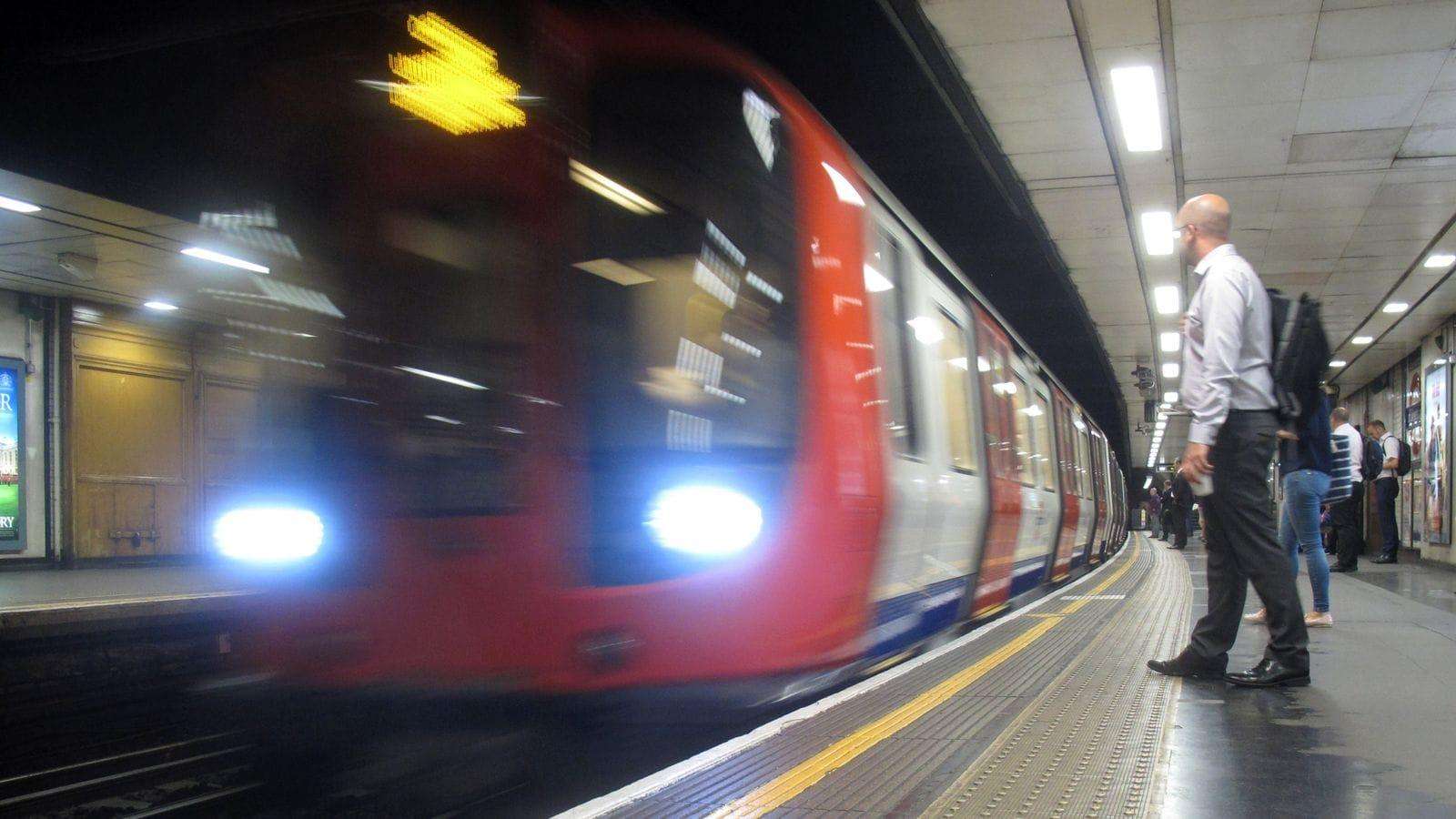[caption id="attachment_2126" align="alignleft" width="716"]
 Sub-Saharan African migrants gather in a public garden in Sfax, in the south of Tunis, Tunisia | Photo: Archive EPA / Mohamed Messara
Sub-Saharan African migrants gather in a public garden in Sfax, in the south of Tunis, Tunisia | Photo: Archive EPA / Mohamed Messara[/caption]
Matteo Villa, a researcher at the Institute for International Political Studies in Milan, spoke to ANSA about the recent record number of migrants on the Italian island of Lampedusa. He affirmed that the current "wave" of migration cannot be stopped.
Matteo Villa, a researcher at the Institute for International Political Studies in Milan, told ANSA that the increase in the number of migrants arriving in Lampedusa in recent days can be explained from many different angles.
"Looking at the very short term, for the past two weeks there has been bad weather in Tunisia. As soon as there was a window of good weather they all left," Villa said.
Over the medium term, meanwhile, there is a need to help Tunisia stabilize. "The Italian government should put pressure on [Tunisian president Kais] Saied to accept money from the international community," though in reality, Italy cannot do a great deal, he says.
Government 'showed foresight in decreto flussi'
According to Villa, the current Italian government has shown foresight by introducing “the largest decreto flussi [law determining the number of non-EU citizens who can enter Italy to work]” in July. This is something most of the current opposition has never done, he said.
"We will let many in, and the planning has been done for three years. Of course, looking at this wave, we are behind, but for the time being it is only possible to deal with it."
Villa emphasized that the migrants currently landing on Italian shores have been traveling for many months. "They came from West Africa. They crossed the desert and now they will no longer be stopped."
When they reached the North African coast, the vast majority of them said they had come this far and that as soon as they had the money, they would set sail despite the risks of getting there, he explained.
"Over the past 12 months, we saw 160,000 people disembark [on Italian coasts]. We are back to the numbers seen in the 2014-2017 period, though we have not yet reached the peak at that time of 200,000. These past two days have however been a peak for Lampedusa," the researcher continued.
"A wave of 10,000 people in three days cannot be handled," Villa told ANSA, adding that there should be an increase in "ferrying them to the mainland, since over the medium term it will be very difficult to reduce the departures" from North African coasts.
"We have previously experienced an increase in departures. However, there is no longer the reception structure in place that there was in 2014-2015. It was difficult to handle it even then, but we managed. Now the government is embarrassed because it cannot do what it did before," said Villa.
'Tunisian authorities cannot stop the departures'
The North African region, the researcher says, "is clearly a powder keg". "You can try to seal off Libya but people will find a way to get out," he noted.
On the role played by Tunisian president Kais Saied, he says that "there are many conspiracy theorists who say that he wants to raise the tension level to get more money, but I do not think that this is the case".
"Southern Tunisia is suffering a severe economic crisis. First there was the plunge in tourism due to COVID, then the price crisis due to the conflict in Ukraine. The average salary is 150 euros per month.
"Mostly people from sub-Saharan Africa are the ones leaving, and many of those that help them to leave are not militias, as is the case in Libya. They are Tunisians, 'common' people who need to make some money. It is very difficult to stop them.
"The Tunisian police continue to say that they have stopped people building iron boats, and yet several hundreds are still being built. This is an industry and Saied does not have much control" over it, Villa said.
He also points out that over the past 12 months, about 70,000 people who departed from Tunisia have been intercepted and taken back by the Tunisian authorities. "Thus it is not Saied letting them all leave; he cannot stop them. This shows how explosive the situation is and it is not clear how to solve it over the short term."
 Sub-Saharan African migrants gather in a public garden in Sfax, in the south of Tunis, Tunisia | Photo: Archive EPA / Mohamed Messara[/caption]
Matteo Villa, a researcher at the Institute for International Political Studies in Milan, spoke to ANSA about the recent record number of migrants on the Italian island of Lampedusa. He affirmed that the current "wave" of migration cannot be stopped.
Matteo Villa, a researcher at the Institute for International Political Studies in Milan, told ANSA that the increase in the number of migrants arriving in Lampedusa in recent days can be explained from many different angles.
"Looking at the very short term, for the past two weeks there has been bad weather in Tunisia. As soon as there was a window of good weather they all left," Villa said.
Over the medium term, meanwhile, there is a need to help Tunisia stabilize. "The Italian government should put pressure on [Tunisian president Kais] Saied to accept money from the international community," though in reality, Italy cannot do a great deal, he says.
Sub-Saharan African migrants gather in a public garden in Sfax, in the south of Tunis, Tunisia | Photo: Archive EPA / Mohamed Messara[/caption]
Matteo Villa, a researcher at the Institute for International Political Studies in Milan, spoke to ANSA about the recent record number of migrants on the Italian island of Lampedusa. He affirmed that the current "wave" of migration cannot be stopped.
Matteo Villa, a researcher at the Institute for International Political Studies in Milan, told ANSA that the increase in the number of migrants arriving in Lampedusa in recent days can be explained from many different angles.
"Looking at the very short term, for the past two weeks there has been bad weather in Tunisia. As soon as there was a window of good weather they all left," Villa said.
Over the medium term, meanwhile, there is a need to help Tunisia stabilize. "The Italian government should put pressure on [Tunisian president Kais] Saied to accept money from the international community," though in reality, Italy cannot do a great deal, he says.

_4.jpg)
_6.jpg)
_1.jpg)



.svg)

